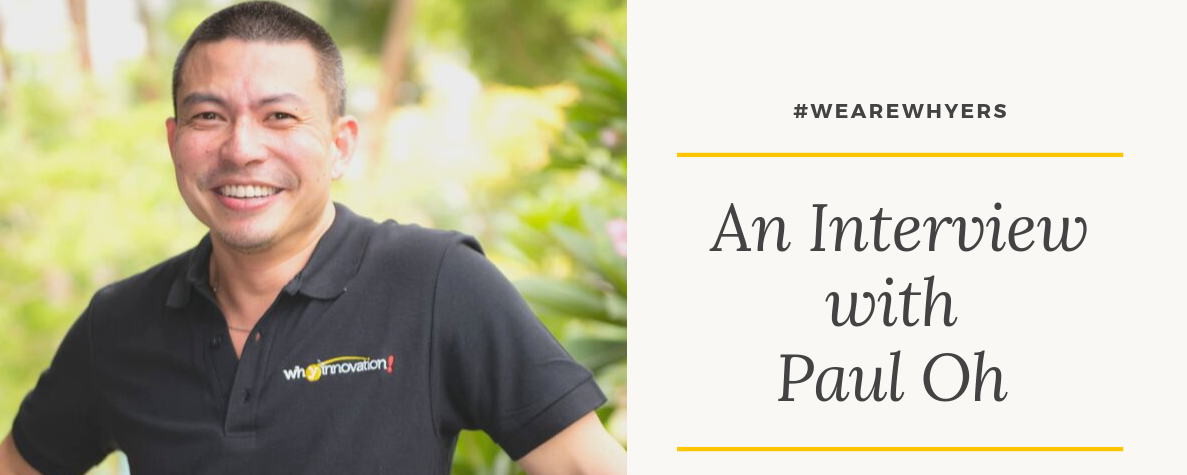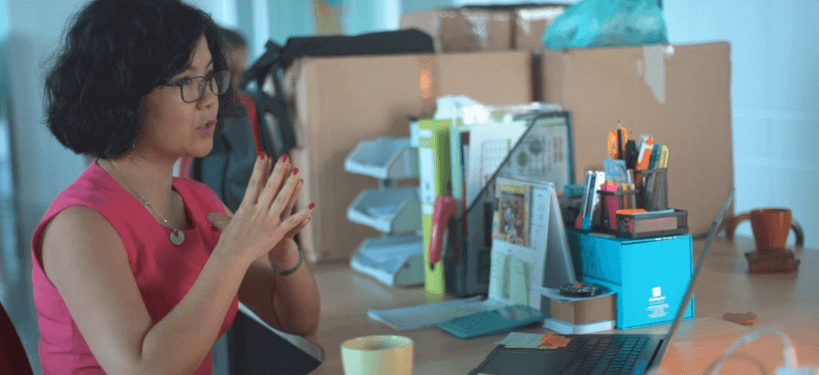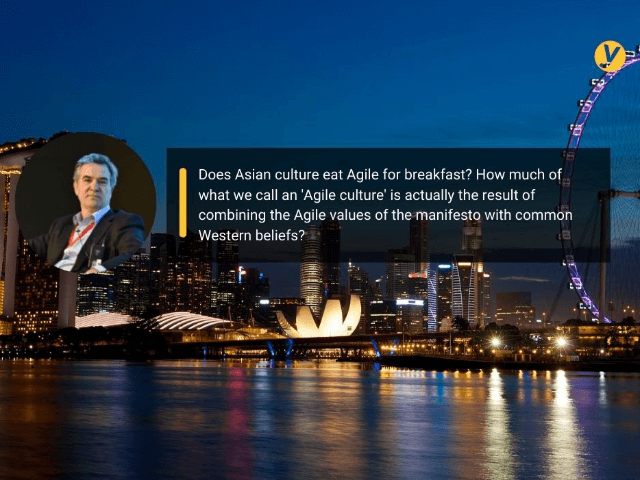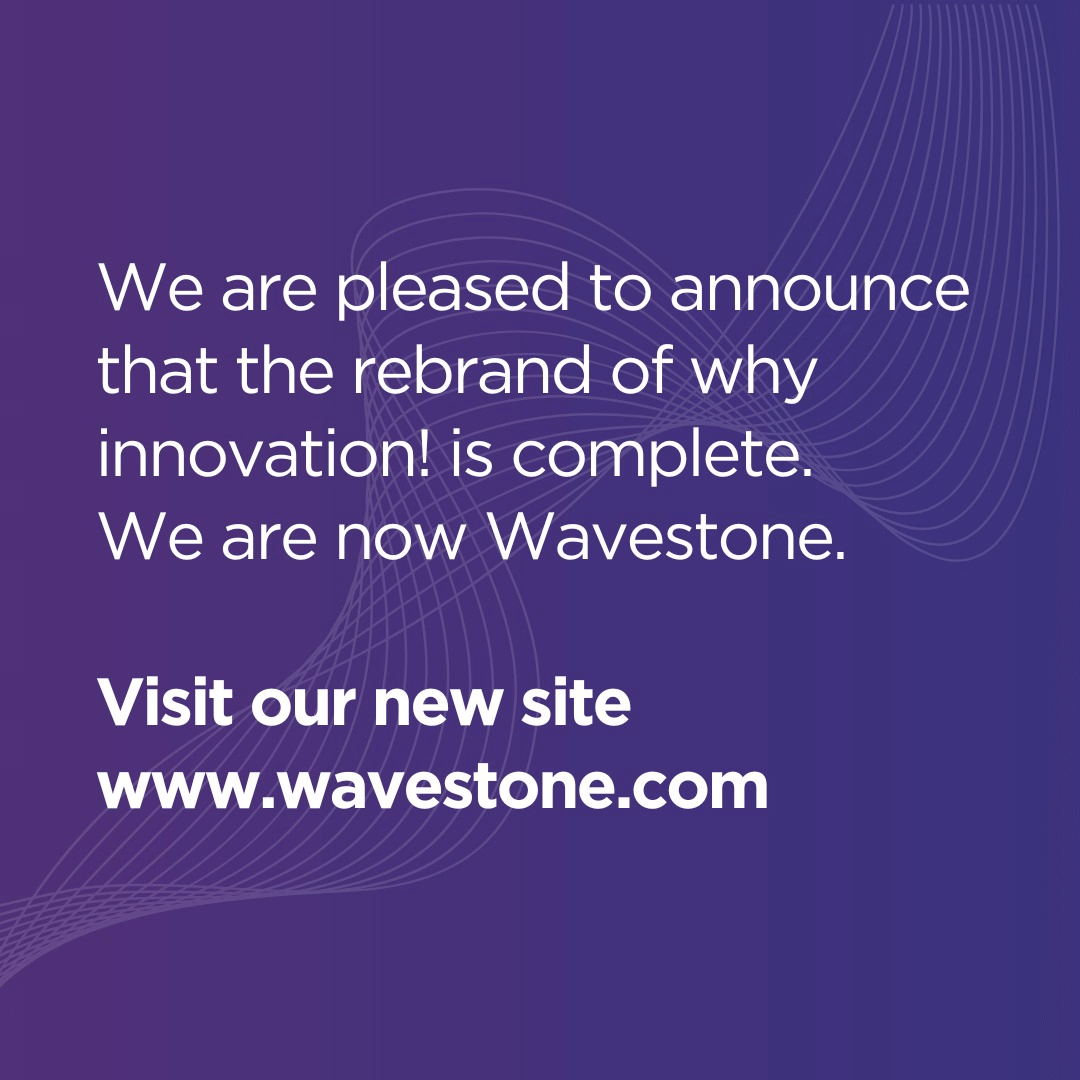"Completing my Honors Degree in Psychology taught me so many things - about myself, the wonderful nature of human minds and evidence-based practice. It’s given me a mission to help people and organisations realise their full potential by enabling them to see beyond what they would not ordinarily see for themselves."
Discover the world of Paul Oh, Senior Consultant at why innovation!, his insights on change, the value of mentors and leading human-centred practices. Read on!
Discover the world of Paul Oh, Senior Consultant at why innovation!, his insights on change, the value of mentors and leading human-centred practices. Read on!
1. What makes you who you are today?
I consider myself to have had the very fortunate opportunity to have worked in a variety of roles and industries. The common thread throughout my career has been that I’ve always worked in businesses that were looking to innovate, often involving technology. Some highlights are that I've been involved with major system upgrades, an IPO of online music retail store, and development of a global supply chain risk platform. Throughout this journey, I’ve also been fortunate to have had a strong support network, including a mentor and an executive coach, who have always been there to guide me along my path. As the saying goes, “one man with a belief, is worth more than a thousand with a mere interest.” I don’t think I would have achieved what I have, without their wisdom over the years.
I consider myself to have had the very fortunate opportunity to have worked in a variety of roles and industries. The common thread throughout my career has been that I’ve always worked in businesses that were looking to innovate, often involving technology. Some highlights are that I've been involved with major system upgrades, an IPO of online music retail store, and development of a global supply chain risk platform. Throughout this journey, I’ve also been fortunate to have had a strong support network, including a mentor and an executive coach, who have always been there to guide me along my path. As the saying goes, “one man with a belief, is worth more than a thousand with a mere interest.” I don’t think I would have achieved what I have, without their wisdom over the years.
2. How do you think that having a degree in psychology has helped you in your career and personal life?
To be honest, I didn’t realise what a profound effect it would have on my life. In the beginning, I simply wanted to have an alternative option than becoming a senior executive in a large MNC. I had sometimes wished that I had followed my mother’s footsteps into the medical profession. I wanted to find a larger purpose.
To be honest, I didn’t realise what a profound effect it would have on my life. In the beginning, I simply wanted to have an alternative option than becoming a senior executive in a large MNC. I had sometimes wished that I had followed my mother’s footsteps into the medical profession. I wanted to find a larger purpose.
At first, it started as a little experiment and then the next thing I knew I was getting Honours, so I must have been doing something right! That experience taught me so many things - about myself, the wonderful nature of human minds and evidence-based practice. It’s given me a mission to help people and organisations realise their full potential by enabling them to see beyond what they would ordinarily see for themselves. On a personal front, it’s helped me deal with my own mental health and strengthened my bonds with those that are around me. For me, the butterfly effect is a reality, and being able to pay it forward is already a just reward.

3. You’ve written “Challenging Change: Seeing the Bigger Picture”, but what exactly is the biggest challenge you see in an organizational change process?
As the pace and frequency of change exponentially grows, I believe that organisations need to do more to shift mindsets and support the development of individuals' capacity for change. Often focussed on rolling out one change program after another, organisations are at a real risk of change fatigue. From my perspective, I see a new evolution of the continuous improvement drive in the 1980s, which is much more widespread today in order to deal with greater complexity and uncertainty.
As the pace and frequency of change exponentially grows, I believe that organisations need to do more to shift mindsets and support the development of individuals' capacity for change. Often focussed on rolling out one change program after another, organisations are at a real risk of change fatigue. From my perspective, I see a new evolution of the continuous improvement drive in the 1980s, which is much more widespread today in order to deal with greater complexity and uncertainty.
4. What motivated you to join why innovation!?
A key reason is that the company truly values diversity and harnesses the various consultant backgrounds to solve more complex problems. In addition, I felt connected with the why innovation! Mission. I truly felt like I was joining an eclectic bunch of talented individuals, who I co-create solutions with and continue to learn from.
A key reason is that the company truly values diversity and harnesses the various consultant backgrounds to solve more complex problems. In addition, I felt connected with the why innovation! Mission. I truly felt like I was joining an eclectic bunch of talented individuals, who I co-create solutions with and continue to learn from.
5. Based in Hong Kong, what do you think will be the next big change in your industry in the next 3 to 5 years?
At a macro level, there are some big factors that need to be considered – the global economy, the US-China trade war, and the recent civil unrest. I see a real dichotomy in Hong Kong, where you have a strong innovative start up community and large MNCs who are laden with tradition. How companies innovate and manage change, whilst leveraging the value of their strong histories, will be a fundamental shift. Those that can accelerate this, tapping into hearts and minds of many, will be sure to thrive.
6. If you had a list of ‘best-kept secrets’ [websites, books, coaches] you’d recommend, which would you include and why?

I love reading management theory and psychology papers, but there is one text that stands out for me. The book is called “Quiet Leadership” by David Rock. There’s a little awkward story that sits behind how I came across this book, but I’m truly grateful that I did. The main premise of the book is about how to encourage thinking processes and proposes a leadership approach that I've used many times to mentor staff, colleagues and executives. The results have been remarkable and empowering.

There’s also a book called “Complications” by Atul Gawande. It follows the life of a surgeon just starting out his career. We often find ourselves in unchartered territory, but for a surgeon the risk of complications is far more personal. It’s an incredibly grounding story and beautifully written. I also believe we can should always seek inspiration outside of our normal purview.
7. List down 3 take-aways for your readers.
- Overcoming bias goes beyond simply being congnizant of them.
- If something starts to make you feel uncomfortable, don’t shy away from it, you might be onto something.
- In order to unlock the benefit of human-centred practices, we must become more human ourselves.

















